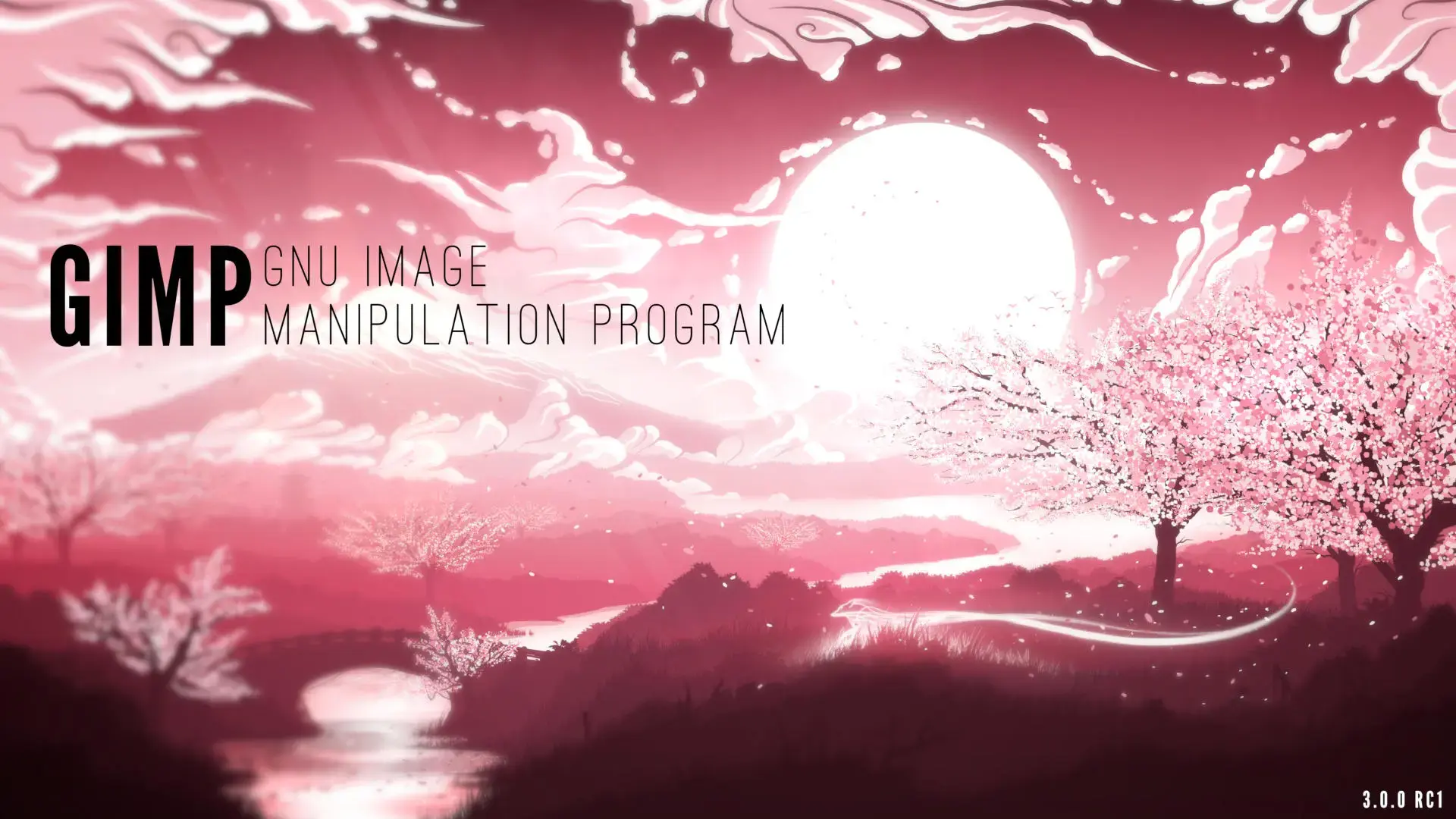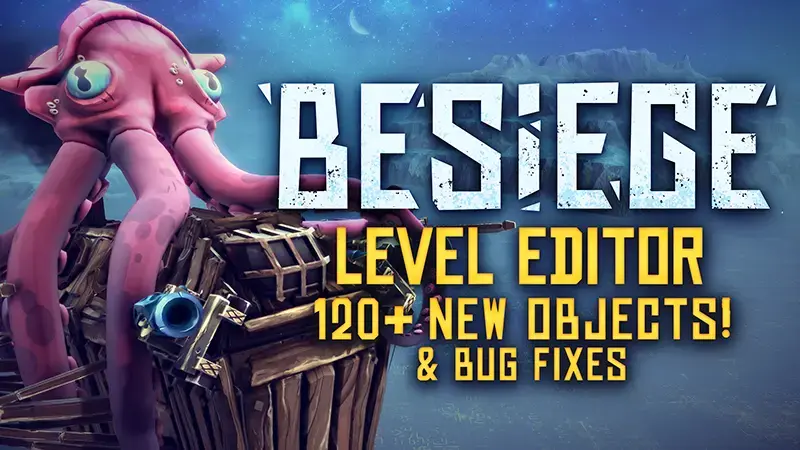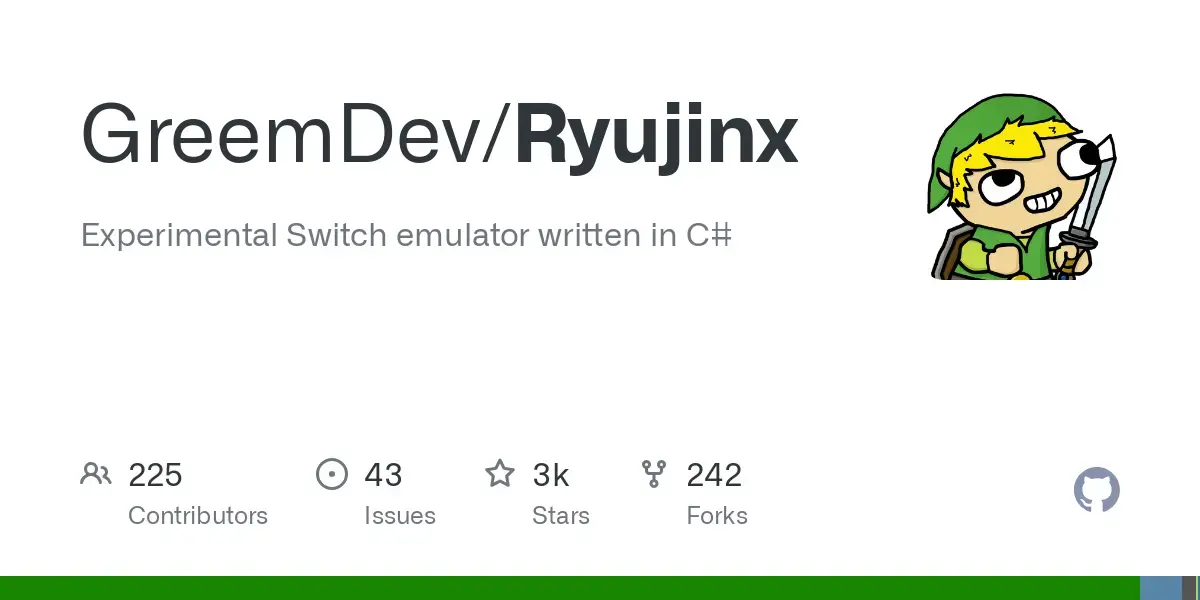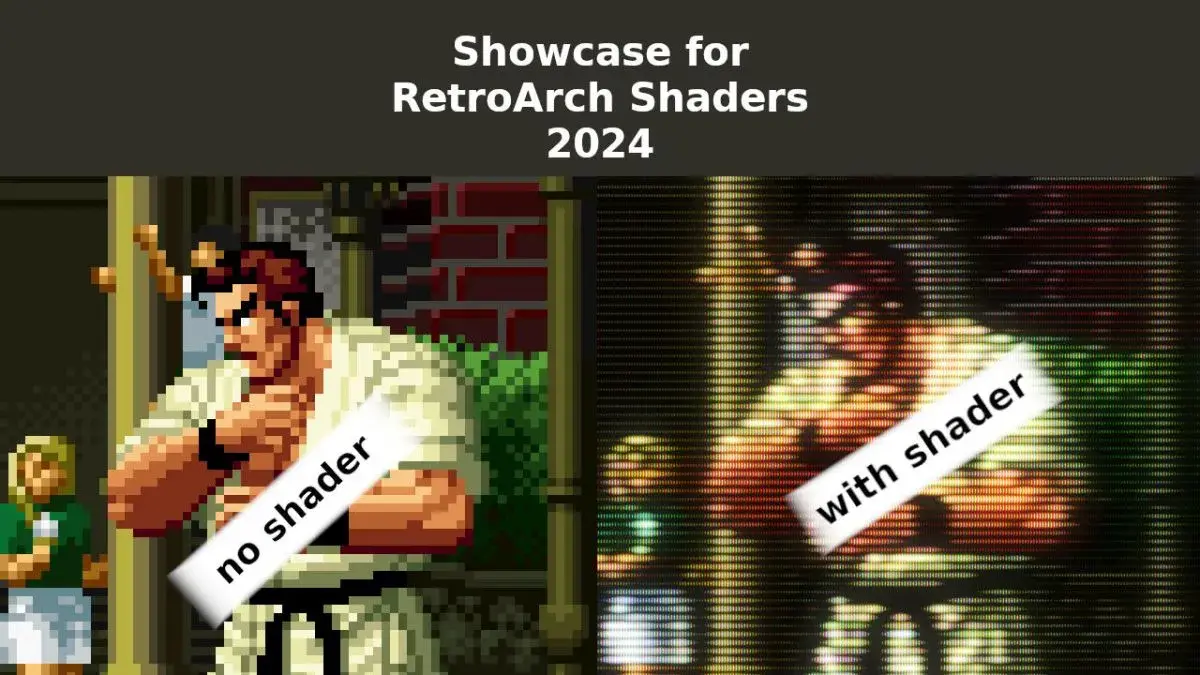I’m here to stay.
- 71 Posts
- 1.31K Comments

 6·3 days ago
6·3 days agoProbably just a coincidence. Most likely maybe.

 52·3 days ago
52·3 days agoI prefer websites and services who just ask if I’m older than 18.
Tekken 5 still my favorite entry in the series. Sad the older games never got a proper PC release. I played Virtual Fighter 1 and 2 on Saturn and 3tb (on Dreamcast), so cannot speak for any newer entries. At least they do not play fluid like Tekken and do not feel as good to me. Virtua Fighter also was less combo oriented. Again, I don’t know how the current state of newer Virtua Fighter games are, but I’m a little bit skeptical at the moment. Really need to test them. And I would recommend you too, so you have the right expectations.
But from the trailer, it looks much better to me than what I experienced 20 years ago lol.
Wish companies would announce games later in development cycle. Often they announce too early that if it comes out, I’m sick of reading news, or videos shown about it, announced years ago. It feels like an old game at that point and takes any hype away. At least for me.

 95·6 days ago
95·6 days agoNobody cares if their disk utilisation tool is in Rust.
Wrong. You don’t care. There are people who care. Not every information must meet your personal needs in order to be mentioned in the title. Edit: Also we are in a programming community, so this makes you double wrong.

 5·9 days ago
5·9 days agoit’s like magic or somethin’.

 2·9 days ago
2·9 days agodeleted by creator

 2·9 days ago
2·9 days agoFrom one of my memes (which compares the common 3 OS types): https://beehaw.org/pictrs/image/3ad94e0f-c145-4b1b-9a41-16f3ebcfee1b.webp
It will hurt the whole way down. Please don’t climb.
Also implies that you can actually climb it (metaphorical for “learning”) and has the option to stay above or climb down. Based on the image, its an art project that just stays there for you to explore.
Another serious suggestion is OpenSUSE. They have a rolling release (like Arch does) model distribution openSUSE Tumbleweed - https://get.opensuse.org/tumbleweed/ and another distribution more stable in a sense like Ubuntu releases versions, openSUSE Leap - https://get.opensuse.org/leap . openSUSE is seriously a good and reliable distribution that existed for long time, but is not too much well known in the entire Linux world. If I was not focused on Arch based distros recently, it would have been my choice probably.
Nyarch Linux
The perfect linux distribution for degenerated weebs.
It’s based on Arch, therefore has my approval. I don’t use it, just saw it in some Linux related comment mentioned recently (today in fact).
I personally use EndeavourOS - https://endeavouros.com/ , which is based on Arch and operates close to Archlinux, but has some automated stuff going on that helps people like me. Its so close to Arch, that I ask myself why I’m not switching to it entirely. Simple answer is: Don’t touch a running system.

 3·10 days ago
3·10 days agoYou can say what you want about the game, but that they make an offline mode for players who purchased it is commendable. At least game is preserved in this way. The only downside is, that nobody is allowed to buy the offline game from that point on. Hopefully they decide against de-listing it on Steam.

 1·10 days ago
1·10 days agoRight, but we need clowns. I accept any dumpster fire. :D No seriously, I agree with you. I didn’t pay any attention to how severe the issue was and just made a list from recent known issues I’ve heard.

 181·10 days ago
181·10 days ago- Clownstrike https://thefinanser.com/2024/07/the-cloudstrike-issue-and-its-impact-on-microsoft
- Clownflare: https://securityonline.info/cloudflare-logs-suffer-critical-failure-losing-55-of-user-data/
- Clownpop: https://www.esports.net/news/gaming/itch-io-funko/
Who is the next clown in the circus?
Actually that’s my biggest issue. Give me settings, give me choice
That’s an GNOME issue mostly I think. It has this least possible settings and oversimplification approach, because GNOME thinks people can’t handle it. Ubuntu modified the configuration of GNOME that it looks and behave somewhat similar to previous Unity versions.
But its not about just how it started. Snap was more focused on phones and servers, not on desktop in the beginning. And there were not much, because Snap was usable over the following years (like Flatpak). Canonical could see how the entire rest of the Linux communities and distributions adopted Flatpak and could have switched to it. But contrary to it, Canonical was very pushy about Snap. So my argument is, Canonical should have dropped Snap early when they still could (just like they did with Mir in example). But they didn’t.
Obviously now its a different situation, but you were talking about the beginning in this reply.
Here we go again… Some historical reasons, and some technical. Here are a few (strong points) that comes to my mind:
Ubuntu has a track record to do their own thing and splitting community or the entire Linux eco system, such as with Unity, Mir and Snaps. Unity was badly implemented desktop environment in the beginning and lot of people didn’t like it. Although I think it was a great DE over time, it was just another fuel in the fire. More serious problem was Mir. Mir was an alternative to Wayland, because Canonical was not happy with Wayland and they didn’t want to implement what Ubuntu tried to do on phones. But that meant the programs and protocols to support was now X11, Wayland and Mir. And related to it, the focus of mobile user interface on desktop (Mir+Unity) was something lot of desktop fans didn’t like at that time. Canonical gave up on Mir and Unity (and smartphones entirely).
Snaps were very slow at the beginning, some people does not like that it fills the device loops, and not many apps were available as snaps. Snap is a similar but alternative technology to Flatpak. Again, because Canonical was not happy with Flatpak and Snap truly has some advantages over it. But it means splitting the eco system once again. But what made it really upsetting for many is, that not only Snap is pushed by Canonical a lot, but also when installing a native package, the package manager would silently install the snap version instead. That is sneaky. And not only that. The Snap repository from Canonical is proprietary. And if you want support Snap, you have to use that repo or use your own repo. Unlike Flatpak, you cannot have multiple repositories. That means in Snap you can only use Canonicals proprietary Snap repository, because otherwise you would not have all the apps in it.
There was some Amazon related datas send to Amazon with an app, every time you searched in the search bar of Unity. Even though this is gone for long time, it still is something people (me included) remember. Some say it was spyware… which is kind of was, but is up to debate.
Also some do not like that Canonical is a corporation. I personally don’t have a problem with that (and used it for 13 years exclusively), but its something to mention what problems have with. Also Ubuntu is used in Windows too, so people have conspiracies too or do not like their cooperation. I’m fine with that and actually like that Linux gets more exposure this way. But again, some people don’t like it.

 21·13 days ago
21·13 days agoSo you are saying I am hypocrisy, because you could not find posts in my history criticizing China? And that makes my critique about the US less true or acceptable? I no longer believe in good faith of your discussion here and will end discussing with you. You have the last word if you want.

 22·13 days ago
22·13 days agoBecause another countries takes away freedom and eliminates the free market, makes it a non argument if the US does the same? The US is doing the same what China does.

 40·13 days ago
40·13 days agoTik Tok is not much worse than Facebook. The only reason is because Facebook cooperates with the US agencies, while they don’t get the information from Tik Tok. US does not like that citizen data is going to China instead being able to collect it themselves. From privacy standpoint of the end user, it does not matter who has the data; lost privacy is lost privacy.


















Exactly me too, lol. I was also confused about the aether, because I knew it was wrong but not why. Currently watching his explanation about how he arrive at E=mc2 right now (paused the video to link here). Not sure if this is the video you meant, but in case not I highly recommend this one too: I never understood why light has ENERGY but NO MASS… until now! - YouTube | Invidious